The worst thing about having toxic friends is that they end up adversely affecting your life, happiness, and emotional health. But what does an unhealthy friendship look like? What are the classic toxic friendship symptoms? Let’s find out some toxic friendship signs to look out for before it’s too late!
If you’ve ever been in an abusive relationship with a narcissist, sociopath, emotionally unavailable person, or someone otherwise disordered, you have benefited from learning more about the red flags that toxic people exhibit in romantic relationships.
You have used these red flags to protect yourself and recognize abusive behavior the next time you see it.
Yet what we often forget to focus on are the red flags of toxic friends – people with whom we should have mutually beneficial and reciprocal relationships, people who are supposed to support us and provide a validating environment, yet fail to meet our needs even though we’ve met theirs time and time again.
It’s important to cultivate and pursue only healthy friendships as well as healthy relationships because overall healthy interpersonal habits lead to a strong, viable, and reliable support system during hardships.
Note: Sometimes, the pronoun “she” is used to represent the friend, but this article is not meant to be gender-specific and can refer to male or female friends.
Related: 8 Signs Your Friend Is Actually A Frenemy
What Is A Toxic Friendship Like? 10 Signs Of A Toxic Friendship
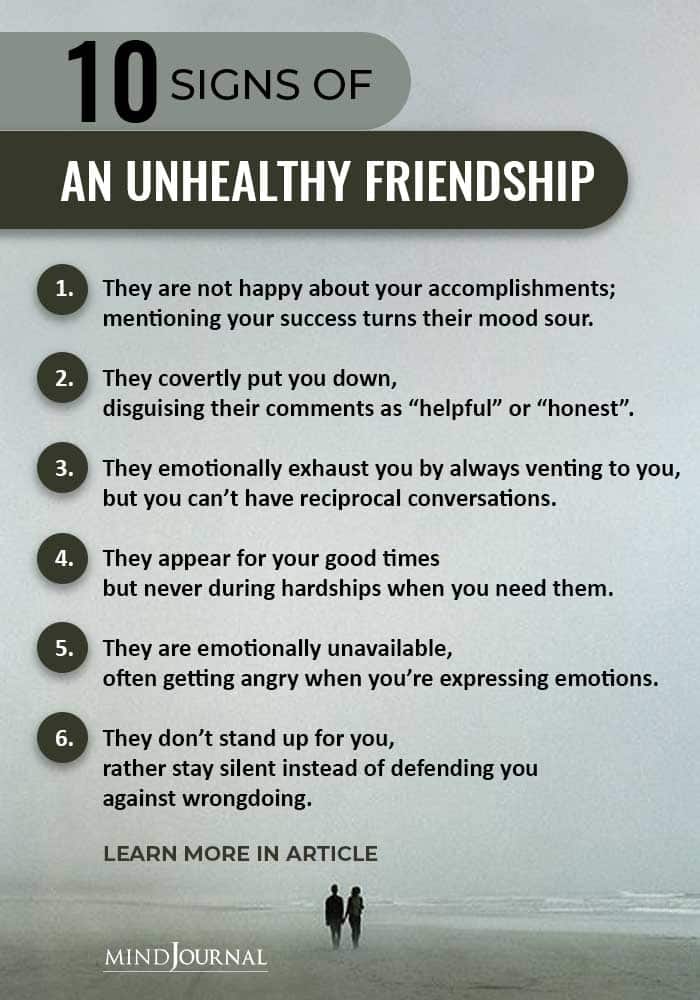
1. They Are Not Happy About Your Accomplishments.
When you mention your success, your friend’s face goes automatically sour. She may look like she’s eaten an entire lemon as she struggles to say congratulations. Or you receive a totally blank facial expression and no response at all, just a stare.
She may even attempt to “one-up” you by mentioning her accomplishments quickly before you’ve even finished your sentence.
This is the type of friend who is never happy about anything you do and is secretly hoping you’ll fail so that she doesn’t have to feel so badly about her own life.
This is toxic because real friends celebrate each other’s accomplishments, and even if there is any jealousy involved, they will put it aside in order to congratulate their friends.
Instead of feeling despair at their friends’ accomplishments, true friends will be secure in their own accomplishments and thus feel celebratory, inspired, and motivated to better themselves when they hear about the accomplishments of others.
2. They Covertly Put You Down.
If you’re happy and cheerful for whatever reason, toxic friends find ways to rain on your parade by introducing little storms and tempests of invalidation, belittlement, and degradation.
These are often disguised as “helpful” or “honest” comments that actually have no value at all except to make you feel less proud of yourself.
Saying things like, “Oh, anyone could’ve done that,” when you mention something you accomplished, or, “That’s not a real major” when you mention your academic concentration.
They also seem sadistically happy when you’re failing or when you’re going through a difficult time. This is a sign that something is seriously wrong with them.
Real friends don’t attempt to criticize or put down people just for the pleasure of making someone seem small. Only inferior people do that in order to elevate themselves.
If you can’t be your greatest, authentic self around your friends without being constantly demeaned by them, then they’re not your true friends. They’re malignant bullies and narcissists. Get it straight and know the difference.
Related: How To Spot A Frenemy: 9 Signs Of A Fake Friend
3. They Emotionally Exhaust You.
Have you ever had this experience? You’re on the phone with a friend. You ask your friend how she’s doing, and find yourself being “talked at” rather than “talked to” for hours on end – and this consistently seems to happen all the time.
As you finally get your chance to speak, your friend suddenly needs to get off the phone because she is now so tired from all the “talking.”
Sure, we all have to vent sometimes and talk about ourselves. Certain situations warrant this type of behavior such as a breakup, a loss in the family, or any other traumatic event.
However, if this happens quite often and you rarely get a chance to have a reciprocal conversation with a person, you’re acting as their audience to a monologue and not as a friend. You also deserve to be listened to and deserve to talk about any problems in your life.
Don’t let these toxic friends convince you otherwise. Stand up for yourself and tell them this is an issue. If they continue to do this despite you establishing that boundary, it’s time to forfeit the friendship altogether.
These toxic friends drain you and your ability to engage in self-care because they are emotional vampires whose only focus is them, their lives, their wants, and their needs. You don’t exist, or if you do, you only exist in relation to them.
For example, if a friend hears your traumatic story and uses it to turn the conversation back to her life constantly, this is a red flag for narcissism, so be careful.
Real friends would listen to your story and make sure to give you feedback that is helpful to you before turning the conversation back to them. Stay away from any people with whom you don’t feel there is an equal, reciprocal exchange of conversation, validation, compassion, and respect.

4. They Are There For Your Good Times, And Never For The Bad.
I mentioned in #1 that you should stay away from people who don’t celebrate your accomplishments. One caveat though: watch out for toxic friends who are only there to piggyback on your success.
These friends only appear when you’re doing very well, and rarely show up when you need them during hardships. They use your presence to associate themselves with you, for the sole purpose of seeming more important via affiliation to your success.
Or they enjoy your presence only when you’re in a good mood and they need you. Otherwise, when you have a health scare or someone in your family has an accident, they are nowhere to be found.
Real friends help each other through tough times and are there for each other even when times are challenging.
Related: The 7 Types Of Toxic Friends You Should Stay Away From
5. Not Emotionally Responsive, Validating, Or Helpful.
What is the point of having friends if they can’t even respond to your emotions?
If you find yourself dealing with a friend whom you can have great intellectual conversations with, but only hear the sounds of crickets when you tell them you’ve had a bad day or you just had a breakup, this friendship is a no-go.
Feel free to keep those types of people for your LinkedIn, but not for your real-life crises.
At most, they are a professional or academic connection because all they can do is talk about things related to the mind but not the heart. Sure, some situations lead to a loss for words, but friends should be capable of basic emotional support, even if it’s a hug and the words, “I am here for you.”
If your friend happens to be very emotionally invalidating, constantly telling you to “get over it” or gets angry at you for expressing your emotions, leave them forever and don’t give them access to your life in any way.
They don’t deserve to be your friend. Real friends validate each other’s emotions while still empowering each other’s personal growth.
6. They Don’t Stand Up For You.
When an outsider or mutual friend makes a snide or insulting comment about you or does something hostile or horrific to you right in front of these toxic friends, you rarely see these toxic friends jumping to the rescue.
They don’t advocate on your behalf even if they are the only ones who can. They don’t support you when you most need it.
Real friends come to each others’ aid; they don’t have to “pick sides” in order to point out wrongdoing and consider your feelings.
And also, when did we become so resistant to “picking sides”? Why shouldn’t friends advocate for victims or call out inappropriate behavior when they see it?
These toxic friends will more likely either stay silent or even participate in the belittling behavior on your behalf. That’s when you know it’s time to stop making excuses and stop defending people who won’t defend you.
Related: Friends In Low Places: How To Recognize A Toxic Friendship
7. Their Ego Is Bigger Than Their Bond To You And They Attempt To Put A Shade On Your Light.
These types of friends are extremely narcissistic, and jealous and they will do whatever it takes to maintain their delusion of grandeur.
For example, they might refuse to compliment you when you’re all dressed up, but compliment someone next to you who is wearing sweats and a t-shirt.
They might put up pictures of themselves on social media with other friends, but avoid putting up pictures of you and them together because they think you outshine them in some way. Or they may hide or belittle your accomplishments to others while they brag about their own.
These are superficial friends who can’t stand having someone outsmart them or be prettier than them. Real friends appreciate each other’s unique beauty, intelligence, and charisma. They don’t attempt to obscure your light in the darkness just because of their own place in the shade.
8. They Only Communicate Through The Screen.
For this, I am referring only to “offline” friends who you have met face-to-face with. I know there are many online friendships that are built through supportive forums and I don’t mean to diminish the value of those.
However, for friendships that developed face-to-face and for friends who live within a reasonable distance of each other, there’s no reason that both people in the friendship would make an effort to see each other in real life occasionally.
You know, step away from messenger and Facebook once in a while to actually make a face-to-face connection when possible. Be very wary of any friends who don’t have time to see you, but seem to have all the time in the world to be wrapped up in their new boyfriend or girlfriend 24/7.
These are not your real friends. These are buddies constantly talking to you through a screen, and electronic communication is often a cop-out for emotionally unavailable people. If these friends emotionally exhaust you as well, they have no place in your real life or even on your messenger list.
You might as well be engaging with the wall, although the wall will probably be more sympathetic and won’t hurt your feelings.
Think of it this way: you’re wasting energy on these toxic people by constantly engaging with them online because they won’t grace you with their presence offline.
They have shown you they don’t have time to do a simple meet and greet by taking a step outside, so why should you hurt your eyes or strain your fingers for them?
Real friends make the effort to meet in person; emotional vampires, like real vampires, can’t stand the daylight and prefer the light of the computer screen.
Related: How To End A Toxic Friendship And Break Free
9. Too Busy For Everything And Anything.
Related to #8, if your friend is constantly always too busy to see you or make any type of contact, especially in the midst of a crisis, run, don’t walk away from the friendship. Yes, people have jobs, lives, and relationships to deal with. Nobody can always be there for you every time you need it.
That’s all fine and dandy, but if a friend rarely even follows up on how you’re doing when you really need them and plays this “too busy” game consistently, this friend needs to get the door slammed in his or her face the next time he or she comes around looking for any attention.
Also, thankfully for technological advancement, social media has made it quite easy to assess whether these friends are truly “busy” or truly bullshitting.
If you see your friend claiming to be too busy to call you during a crisis but posting statuses or liking people’s posts on social media all the time, you have further confirmation that this friend is not a real one.
Thanks, Facebook and Twitter for the heads-up!
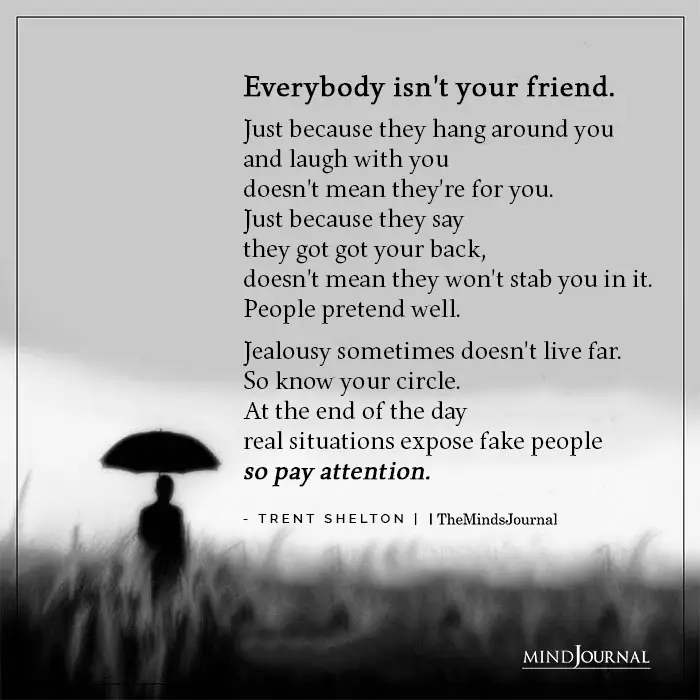
10. Betrayal, Breaking Boundaries, And Disrespect.
I saved this for last but it’s the most important. If your friend disrespects you by being flaky, multiple cancellations, chasing after or flirting with your significant other, calling you names, cursing at you, bullying you, coercing you, making you cry during an already rough time by being insensitive, pressuring you to do something, gossiping about you, or treating you with anything less than respect or consideration.
It’s time to take your fabulous self out the door. There will be plenty of people in the world who won’t make you feel that way, so why not save your energy and invest in something that will have a positive return?
Life is way too short to waste our energy on toxic people, whether they be friends or romantic partners. Learn to recognize these signs and you will pave a better path to a healthier life, better support system, and more meaningful as well as authentic relationships.
Related: How To Spot A Frenemy? 12 Signs Someone Is Pretending To Be Your Friend
Once you’ve experienced an authentic friendship with love, care, compassion, and respect, I guarantee you’ll never want to go back to one with the absence of these qualities.
Interested in learning more about narcissistic abuse? Pre-order my new book on narcissistic abuse, Becoming the Narcissist’s Nightmare: How to Devalue and Discard the Narcissist While Supplying Yourself. Also be sure to check out my first book, The Smart Girl’s Guide to Self-Care.
Copyright © 2014, 2015, 2016 by Shahida Arabi.
All rights reserved. No part of this entry, which is an excerpt from a copyrighted book, may be reproduced, distributed, or transmitted in any form or by any means, including photocopying, recording, or other electronic or mechanical methods, without the prior written permission of the author. This includes adaptations in all forms of media.
This blog and all of its entries are owned by Shahida Arabi and protected under the DMCA against copyright infringement.
Inspired by the post? Instead of reiterating ideas from this post or posting it in its entirety without permission – please consider sharing the link through social media.









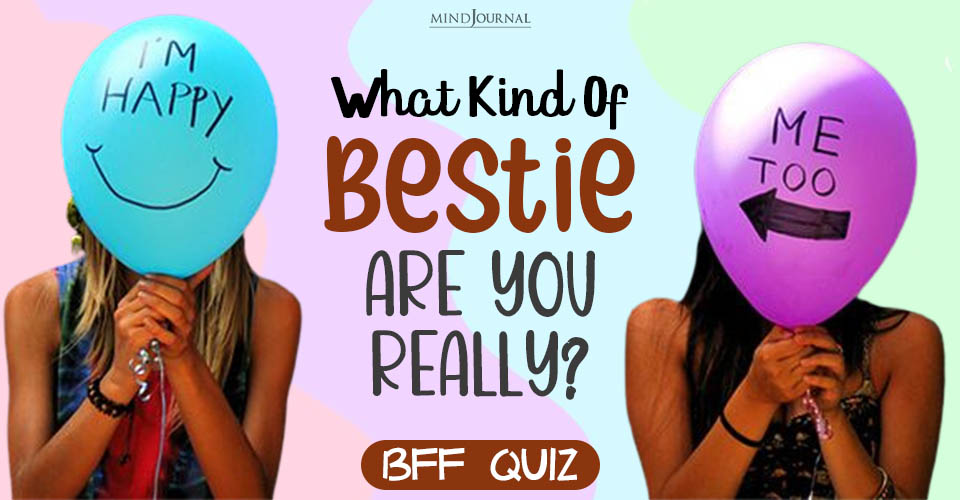
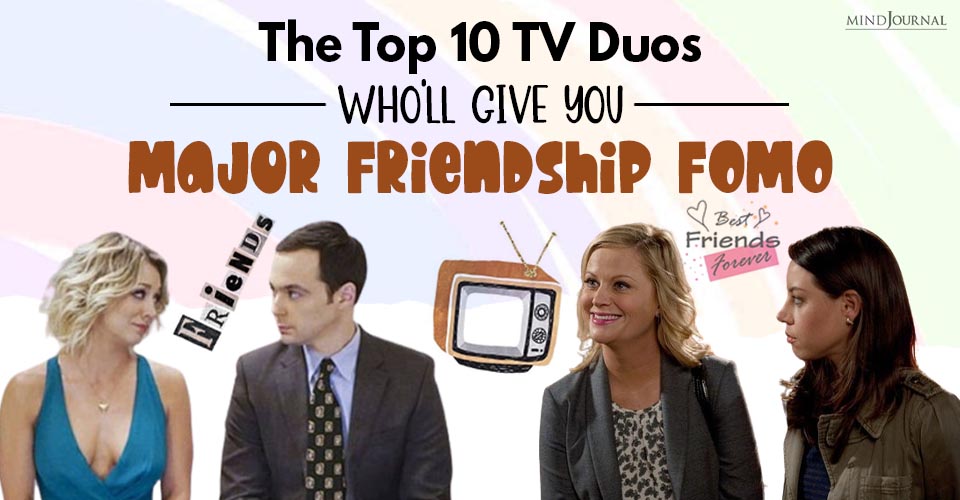
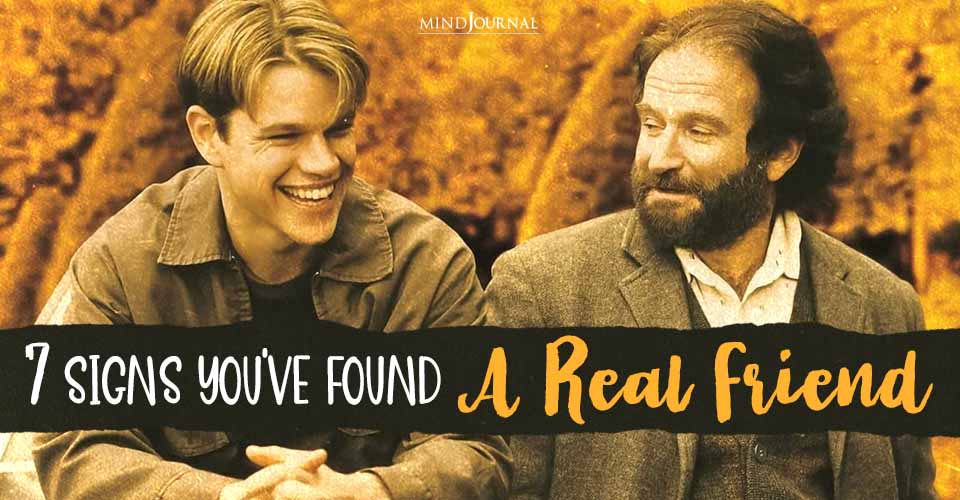
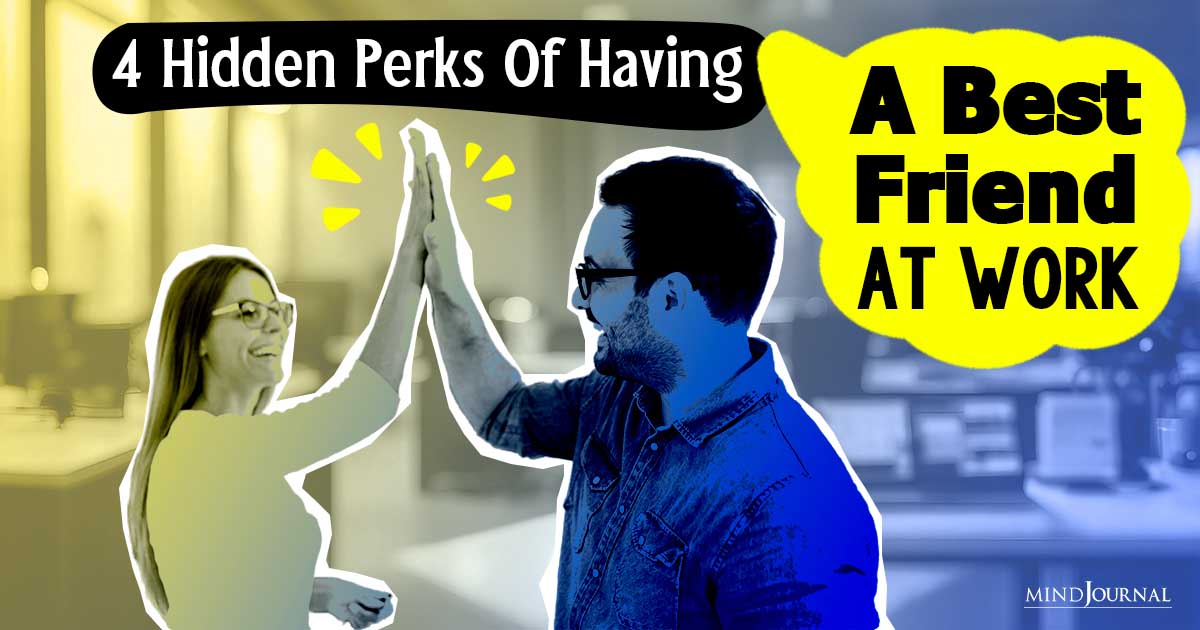

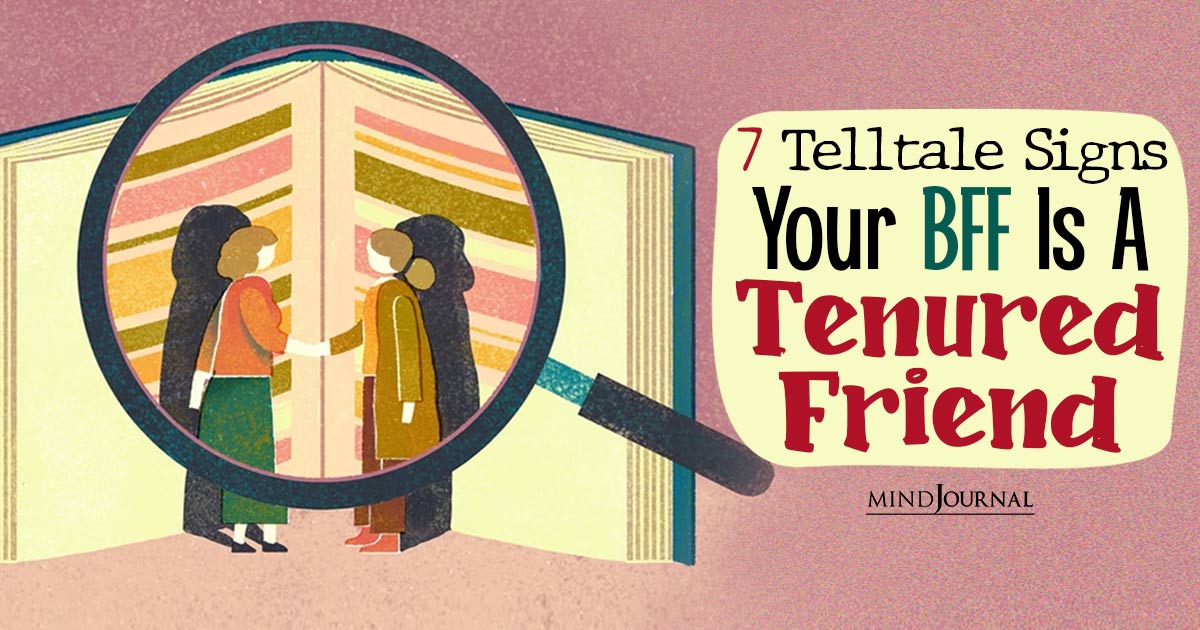
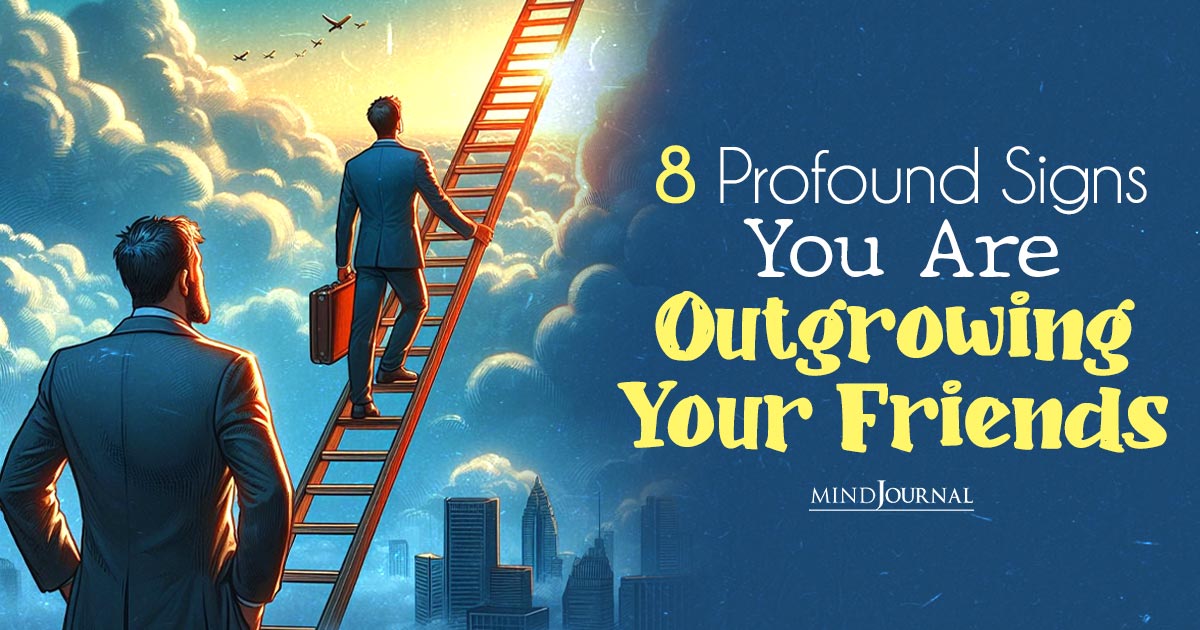
Leave a Reply